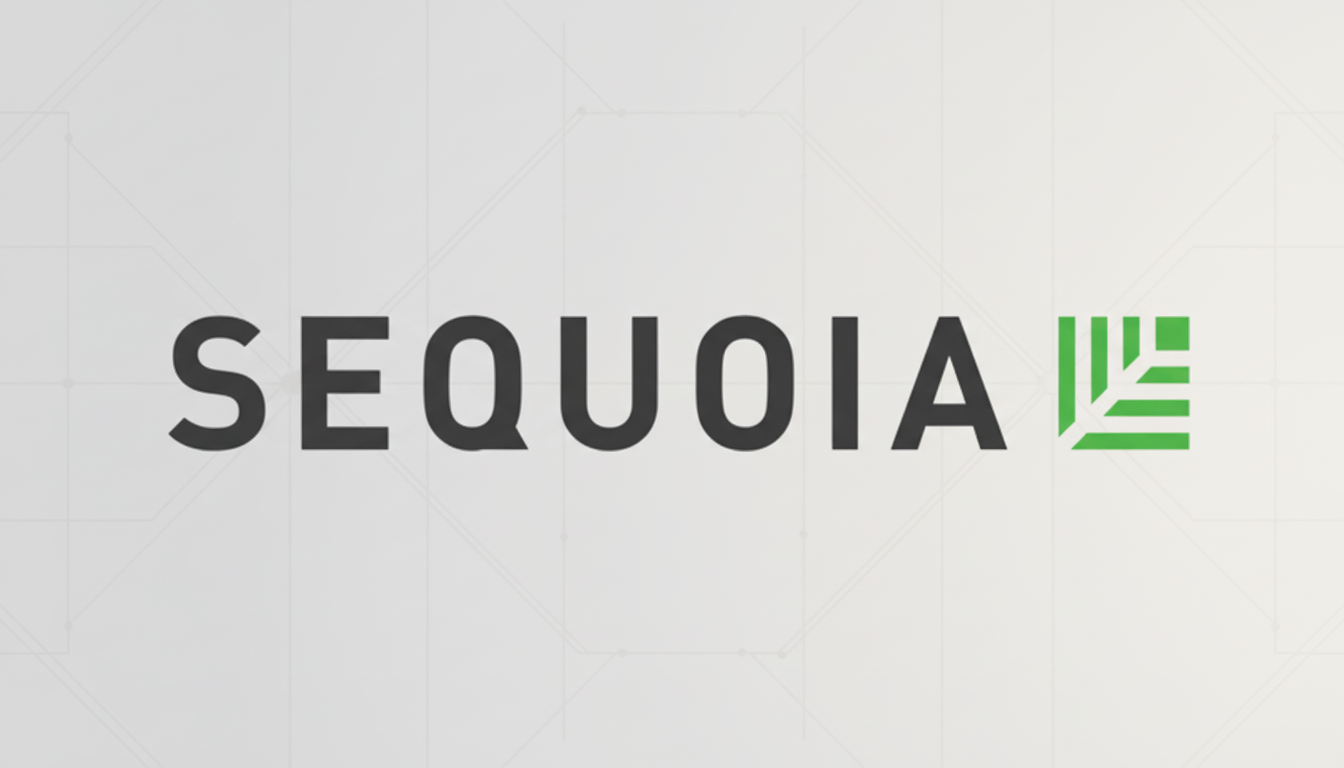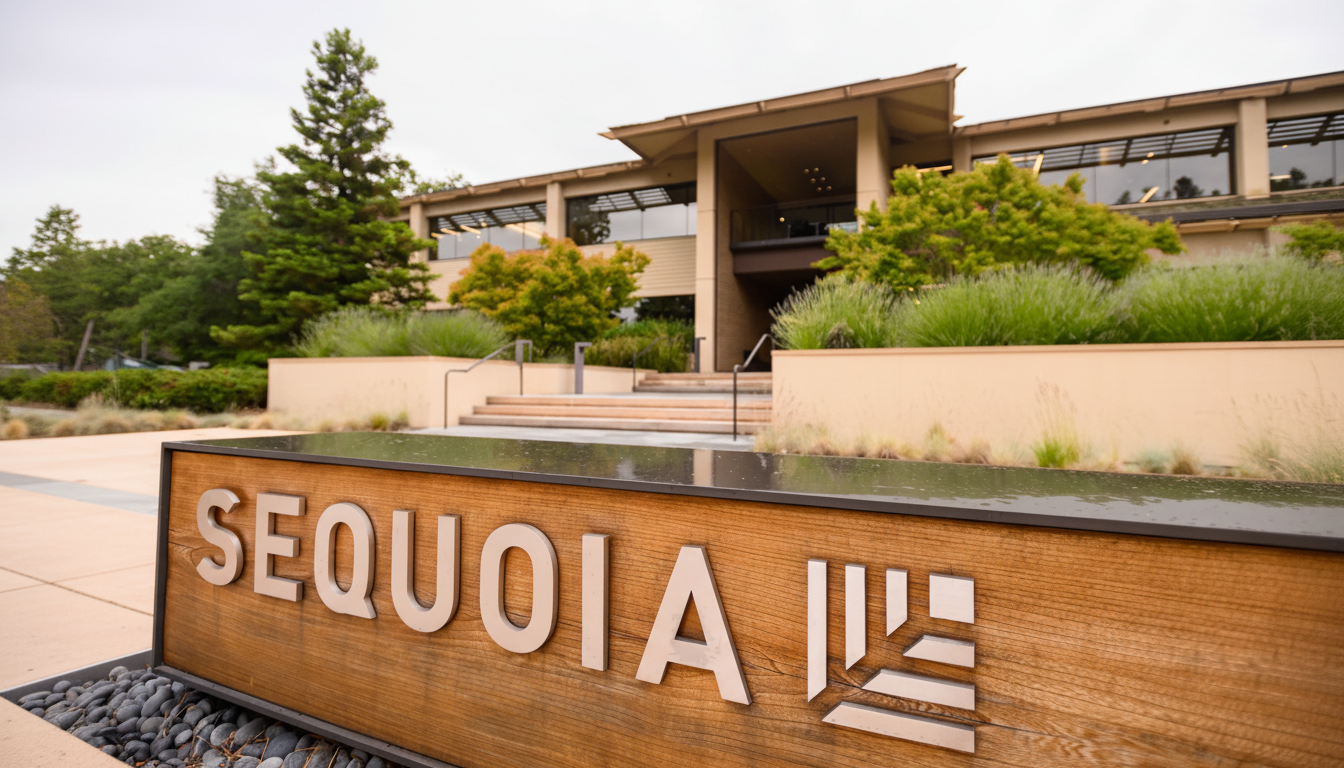Roelof Botha publicly articulated why Sequoia stands by partner Shaun Maguire despite a wave of criticism and a reported internal defection, placing the firm’s stand on free speech, internal pluralism, and value to founders in frontier industries. He conceded that the approach involved trade-offs but said it was in keeping with how the partnership has always worked.
Backlash And A COO Exit Test Sequoia’s Culture
Maguire drew criticism following a July 4 post on X that included inflammatory language criticizing a New York City mayoral candidate. The message was met with immediate backlash around the tech community and prompted discussion about reputational risk for a firm that has backed companies like Airbnb, Google, Nvidia, and Stripe.

In the days that followed, more than a thousand founders and industry professionals signed an open letter pleading with Sequoia to acknowledge their complaint, saying silence has consequences. A second letter later surfaced in support of Maguire. Chief operating officer Sumaiya Balbale, who is Muslim, quit after the firm decided not to punish Maguire, according to the Financial Times. Botha thanked her for her work but declined to comment on personnel matters, in line with the firm’s policy.
Botha Stresses Free Speech And Pluralism
Asked whether firm leaders had become more vocal on politics, Botha cited a long-held tolerance for different viewpoints. Sequoia veterans have taken divided public positions in the past — Michael Moritz has been a vocal critic of Donald Trump, while former managing partner Doug Leone was an avid supporter — but did so under the same tent, he pointed out.
Botha has a relatively simple framing: the alliance represents a broad array of perspectives, some expressed loudly on social media and others channeled via philanthropy or more private forms of engagement. In that model, he said, partners enjoy the freedom to speak for themselves, not for the firm. The principle does not avoid outcomes, he said, but it does place constraints on how Sequoia reconciles internal speech with institutional identity.
Why Sequoia Still Bets On Maguire’s Deal Flow
Botha also offered a pragmatic argument: Maguire gets to founders that many other firms have trouble getting to. He sits on boards for Elon Musk’s companies, including SpaceX, Neuralink, The Boring Company, X, and xAI. SpaceX continues to be one of the world’s most valuable private companies, routinely trading in secondary markets at well over $200B, and Neuralink has moved to human trials — evidence that these networks translate into real deal flow and technical diligence advantages.

Maguire has also been playing up defense and dual-use technology, a sector drawing renewed venture interest in the age of geopolitical instability and changing procurement dynamics. He has invested in businesses like Mach Industries, an autonomous systems development company, and is known for his highly technical approach — Maguire completed a physics PhD and has an unorthodox path through academia, which some founders appreciate, according to Botha. For entrepreneurs who are building in complicated, controversial categories, that credibility can make the difference.
The Founders’ And LPs’ Risk Calculation At Sequoia
The strategy isn’t cost-free. Vocal partners can alienate teams that prefer to have investors keep their politics out of public view. Surveys from firms including Edelman indicate that expectations are rising for corporate actors to weigh in as stakeholders on social issues, but the room left for polarizing rhetoric is shallow at a time when brand equity and recruiting matter. Sequoia’s gamble is that transparency around partner-level speech, combined with performance, will keep its flywheel turning.
In venture, reputation circles are widening, but so is access. Defense tech has been drawing more venture attention since 2022, including large rounds from companies like Anduril and Shield AI that came with the added bonus of nudging more capital into dual-use innovation. On the AI frontier, founder demand is incredible for investors who can wield compute access, policy, and go-to-market at scale. The point Botha is making here is that Maguire straddles those currents and the combine is prepared to take communication risk in order to maintain reach.
The bottom line: Sequoia is pointing to its continuity. It will not police partner speech that, however distasteful it may be to many of us, does not cross a policy line; it won’t discuss personnel departures, and it will continue to support investors who bring differentiated access to high-conviction sectors. How much that posture will attract or repel the next generation of founders will be a live test of how much mission-critical networks and outcomes can outweigh controversy in today’s venture market.

